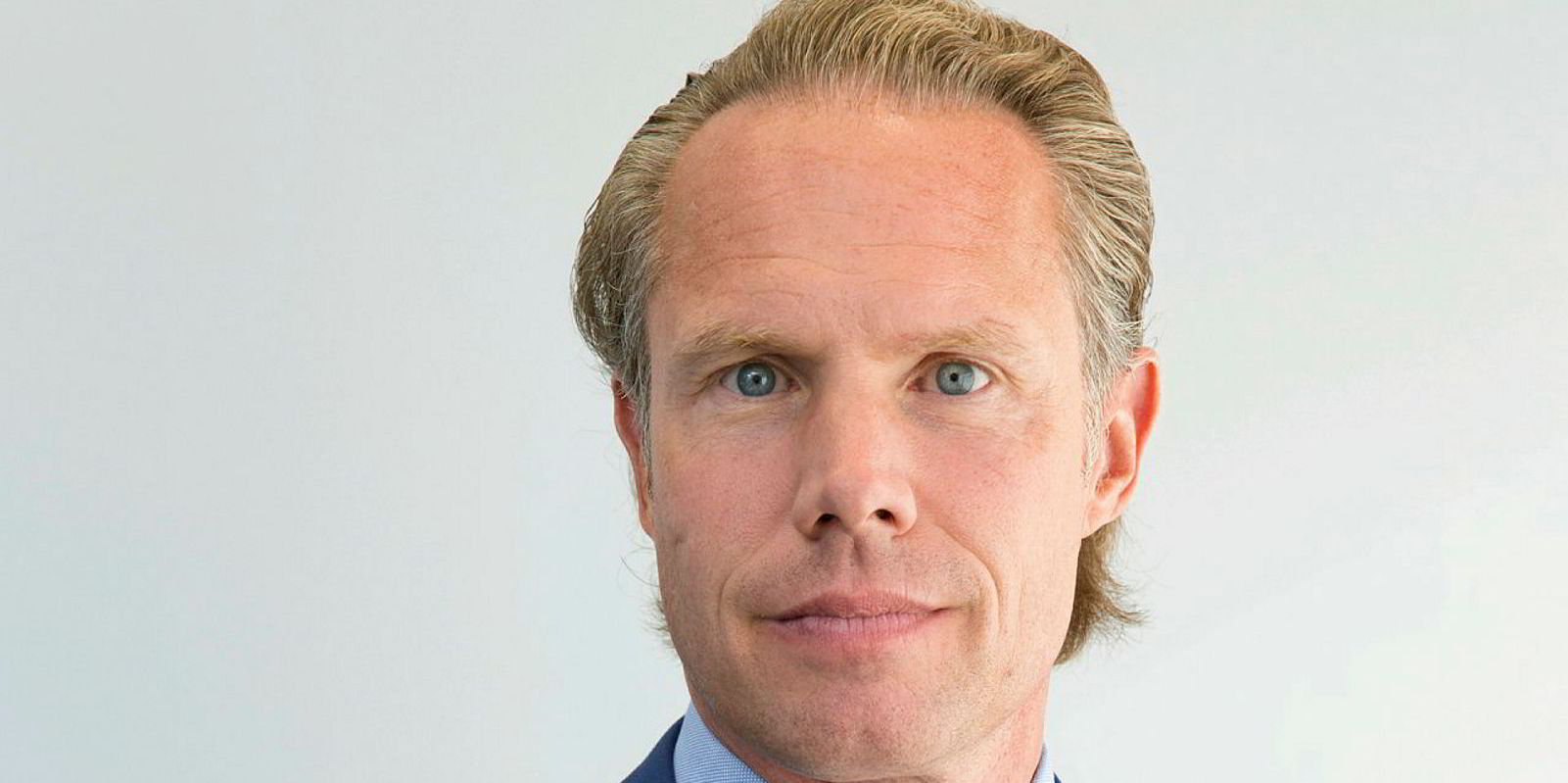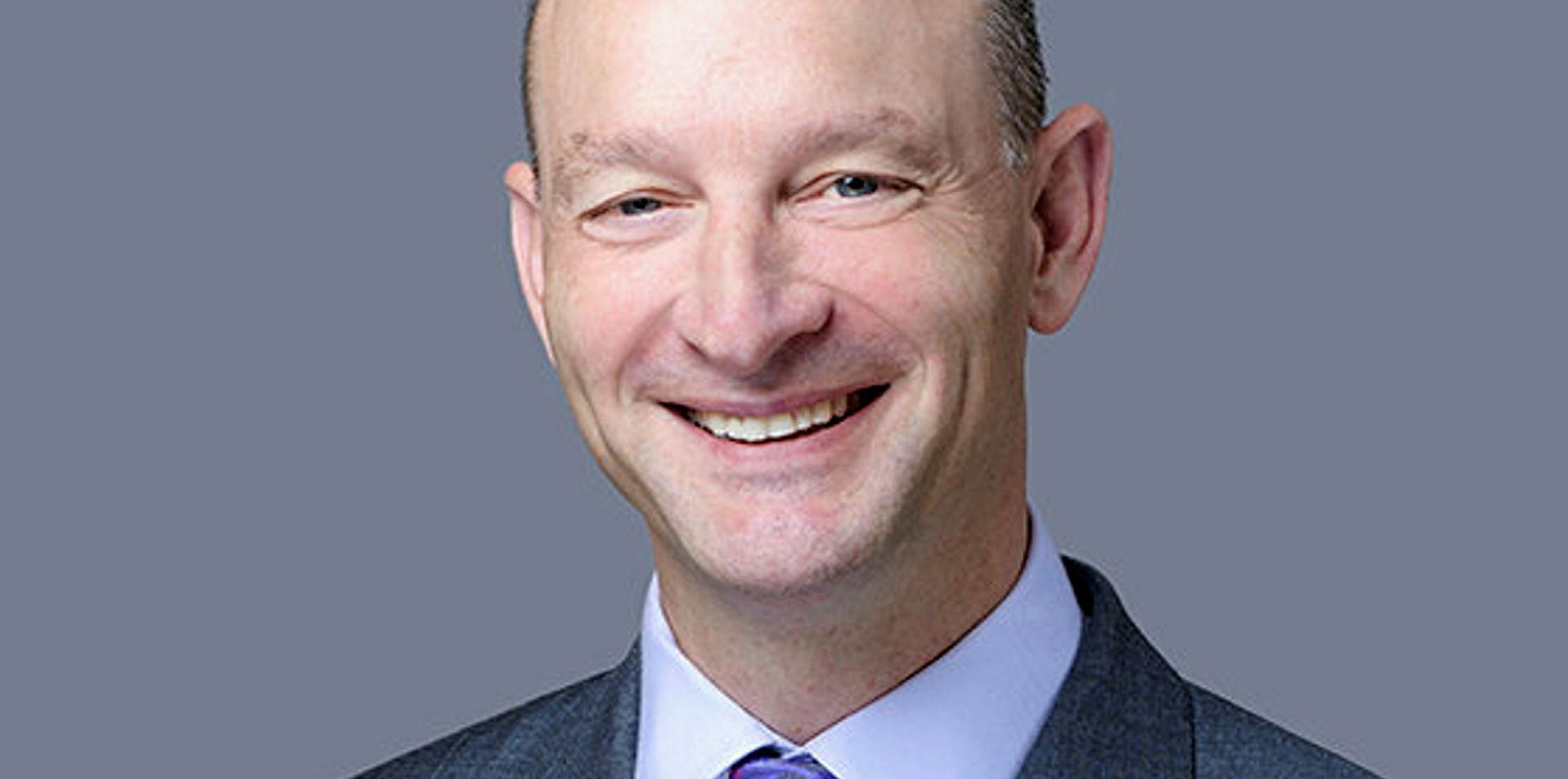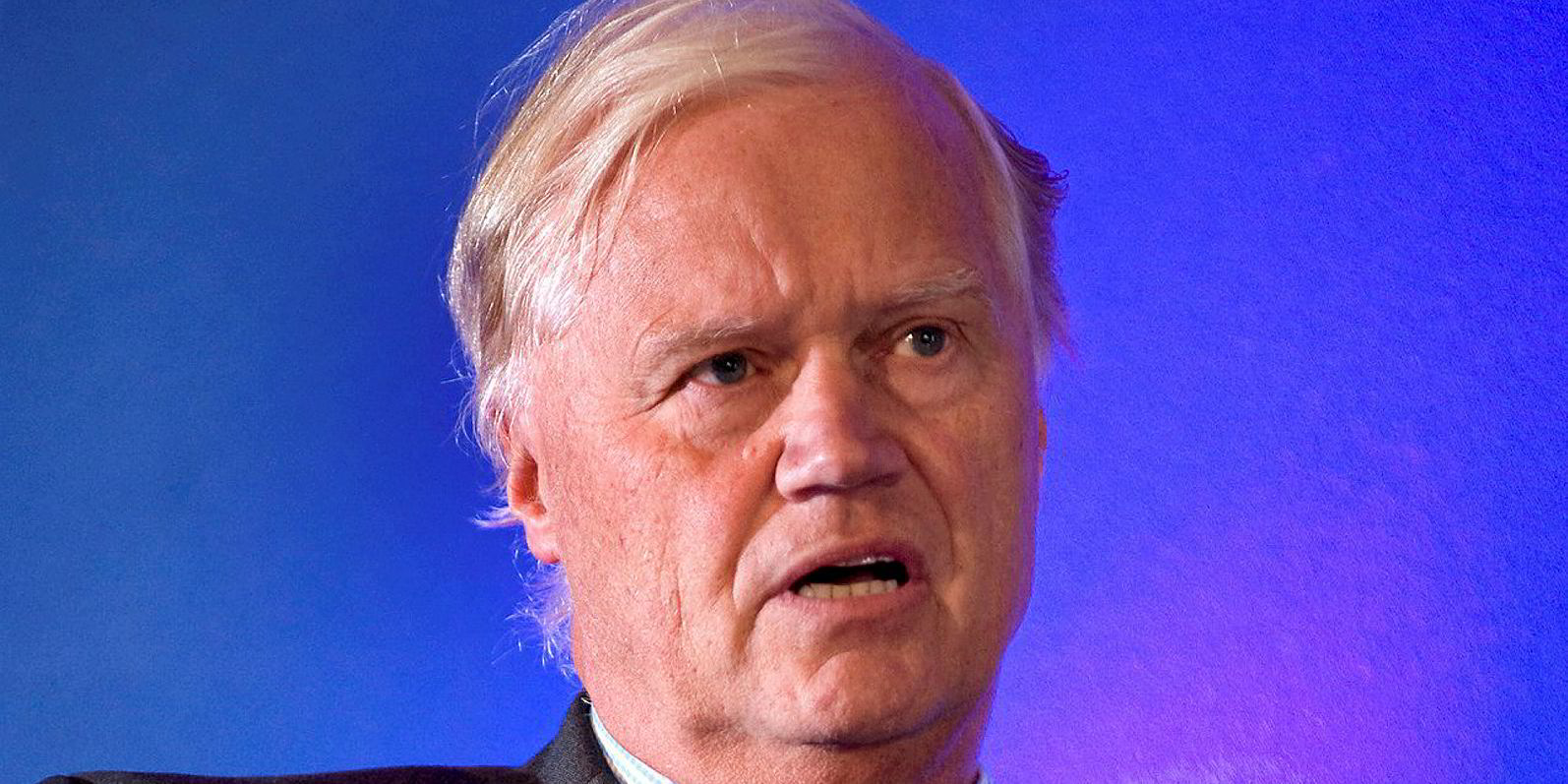Britannia P&I has decided to return $10m to its members just as protection and indemnity insurers are feeling the financial strain of two difficult claims years
Repayment is being lined up despite Britannia recording one of the worst underwriting performances among the members of the International Group of P&I Clubs last year, as a result of a series of casualties.
But Britannia can afford the pay off as it is one of the most financially well-resourced P&I clubs, with an AAA capital adequacy rating, and close to $600m in free reserves.
Ratings agency Standard & Poor’s (S&P) said clubs such as Britannia, which are dependent almost entirely on P&I income, are particularly exposed to International Group pool claims.
International Group pool claims in the first six months of the policy year are already close to $300m, S&P estimated.
Despite that, S&P maintained Britannia's "A" long-term financial strength rating and does not appear concerned by the lack of alternative income streams.
Chief executive Andrew Cutler said that S&P were “happy with the business strategy” and had cited a “strong management team” at the P&I club.
But Cutler still intends to get to grips with the underwriting performance and does not want to be dependent on financial reserves and investment income to offset the losses.
No general increase
For the second year, Britannia has opted not to call for a general increase at the February renewal. Instead, the club will decide premium levels based entirely on individual negotiations with members, based on claims record and future risk analysis.
But overall, it still wants to secure an increase in premium from members.
Chief underwriter Mike Hall expects the increase will be less than the average of about 5% to 7%, which most P&I clubs asked for last year.
Brokers suggest that Britannia, as one of the financially strongest clubs, will be seeking the lowest raises this year, in what could be significant increases at the next renewal.
“We believe Steamship Mutual, Gard, Britannia and Shipowners’ Club will be on the lower end, but the remainder of the clubs will unfortunately be closer and perhaps even above a 10% general increase,” said Richard Adler, chief commercial officer at Atlantic Insurance and Reinsurance Brokers.

S&P expects the average increase in premium next year to be about 5.6%, compared with 5.2% last year.
One question that brokers have raised is why Britannia is returning cash to members rather than just keeping a lid on premiums?
Prudent policy
Cutler said the more prudent policy is to price premium to break-even and then to return cash from surplus.
For the past four years, Britannia has been returning capital to members.
“Returning capital is a more efficient,” Cutler said. “The bottom line is every member has to pay a fair share, and premium needs to increase accordingly.”
Premiums are not the only way Britannia is trying to address its underwriting losses. There have been similar efforts put into increasing the loss prevention team and attempting to improve its safety record and casualty record.
Fortunately, the club also took a decision not to expand into P&I cover for the cruise sector, which has brought the most claims related to Covid-19.
Britannia has also made some strategic developments that have paid dividends. After opening for business in Greece, this market now makes up about 11% of its membership. Britannia has recently made a similar move into Denmark.
The club has also seen more tonnage come in from its Asian hubs in Tokyo, Singapore and Hong Kong. It has managed to add about 3m gt this year, bringing the insured fleet up to 120m gt.
Cutler said the club preparations for Brexit are all in place and that Britannia is ready to write European business from its new Luxembourg outpost.







